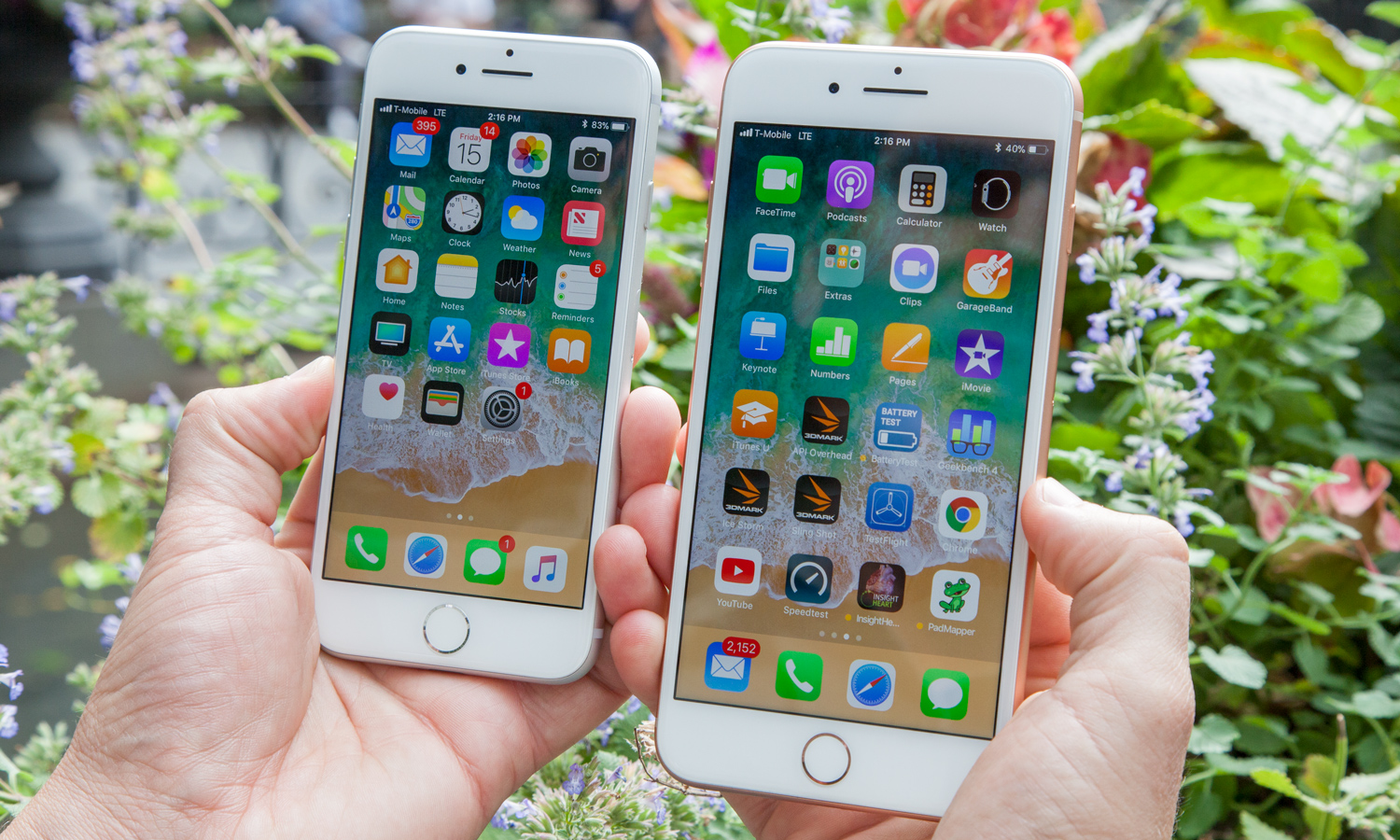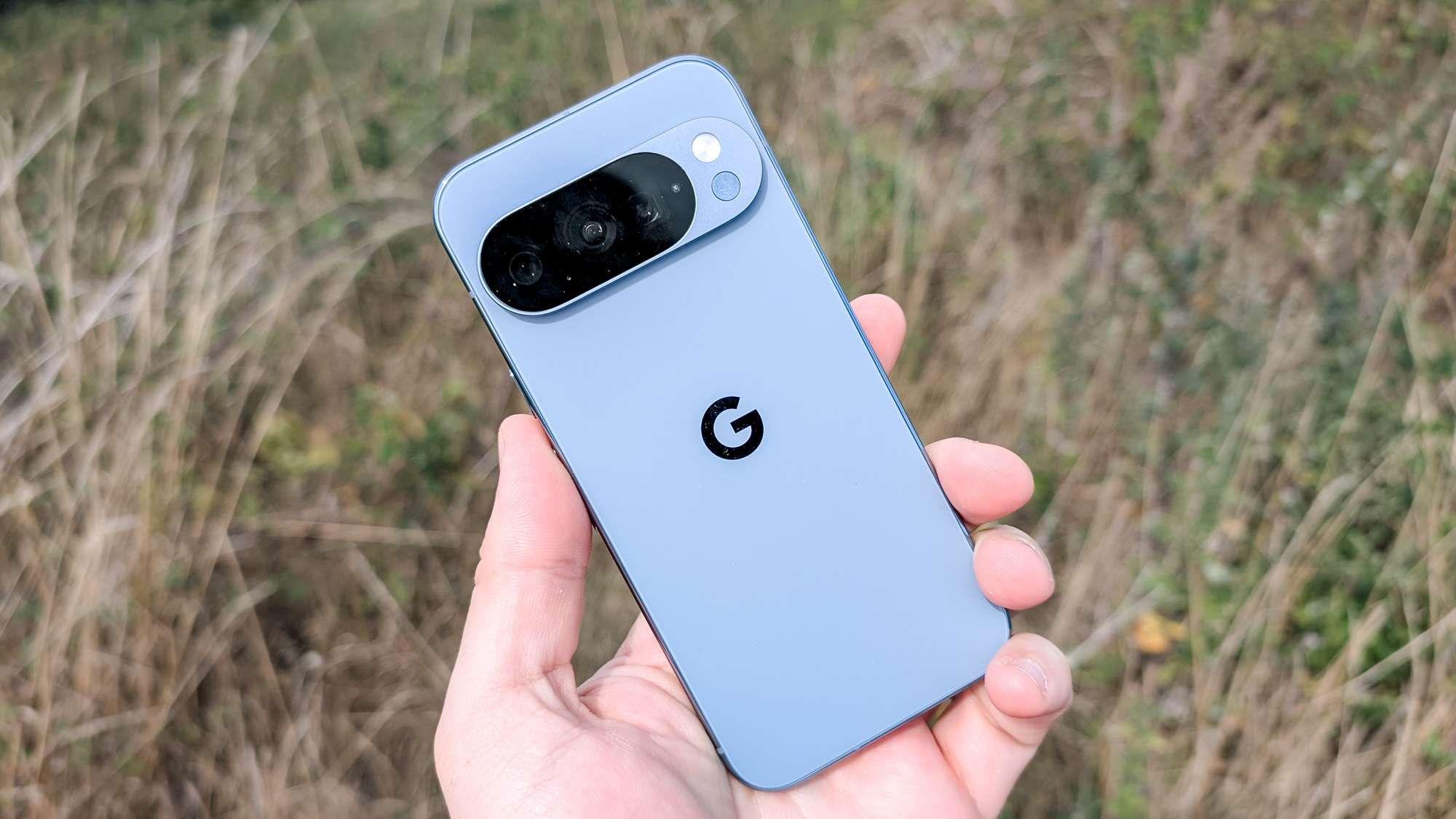Apple Loses Patent Case to Qualcomm: Here’s What It Means
Qualcomm won $31 million when a jury determined that Apple infringed on some of the chip maker's patents. But a case with bigger implications looms next month.
Qualcomm scored a victory today (March 15) in its ongoing legal dispute with Apple over mobile phone patents, as a jury awarded the chip maker $31 million in damages.

Specifically, the jury in the U.S. District Court for the Southern District of California decided that the iPhone 7, iPhone 7 Plus, iPhone 8, iPhone 8 Plus and iPhone X infringe on two of Qualcomm's patents, and that the iPhone 8, 8 Plus and X also infringe on a third.
Considering that Apple tallied a little less than $265.6 billion in sales during its 2018 fiscal year, that $31 million judgment isn't likely to sting too badly. But it does give Qualcomm some legal backing for its argument that Apple has benefited from its technology, especially with an even bigger court case looming next month.
"From a monetary perspective, this is hardly a victory at all — both sides probably spent as much as the verdict amount on legal fees," said Avi Greengart, founder and lead analyst for research firm Techsponential. "But this does set a precedent that Qualcomm’s IP is valuable, even the patents on elements of a phone that are not directly related to wireless standards."
MORE: iPhone Banned? Here's What's Going on in Apple-Qualcomm Feud
The Apple-Qualcomm dispute stretches back two years, with Apple claiming Qualcomm charges royalties for things that it has nothing to do with. Qualcomm counters that its patents covering the way phones connect to wireless networks are essential to today's smartphones, and it wants recognition — and royalties — for that.
"The technologies invented by Qualcomm and others are what made it possible for Apple to enter the market and become so successful so quickly," said Don Rosenberg, Qualcomm executive vice president and general counsel in a statement announcing the legal win. "The three patents found to be infringed in this case represent just a small fraction of Qualcomm’s valuable portfolio of tens of thousands of patents."
Get instant access to breaking news, the hottest reviews, great deals and helpful tips.
For its part, Apple expressed disappointment with the verdict in a statement provided to Tom's Guide. "Qualcomm's ongoing campaign of patent infringement claims is nothing more than an attempt to distract from the larger issues they face with investigations into their business practices in US federal court, and around the world," the statement read.
What's next for Apple vs Qualcomm is much bigger
Qualcomm's legal victory today covers a case that's only one of many legal tussles playing out in courtrooms around the world. The most significant case goes to trial next month in San Diego, as a federal judge considers whether Apple owes Qualcomm royalty payments for the iPhone. Qualcomm is also awaiting a judge's ruling in a case that wrapped up in January where the Federal Trade Commission alleged that Qualcomm uses anti-competitive practices in how it licenses its patents.
"Next month’s case on licensing [between Apple and Qualcomm] will affect billions of dollars in fees that Apple and most phone vendors pay Qualcomm," Greengart said. "The stakes in that case are higher: the dollar amounts are staggering, and it goes to the core of Qualcomm’s business model."
Today's ruling is likely to have little impact on your future iPhone, but that could change pending the results of future legal cases. "We will have to see how the other, larger case next month plays out, but it could certainly impact the dollar value associated with core wireless standard IP going forward," Greengart said.
Qualcomm scored a pair of legal victories late last year overseas. In China, a court ruled in Qualcomm's favor that Apple had violated the chip maker's patents, though Apple is appealing that ruling, while issuing software update to bring the iPhone in compliance with the court's decision. Apple wasn't so lucky in Germany, where a Munich court blocked the sales of certain older iPhones that use chips from Intel. Other claims by Qualcomm against Apple have been dismissed in some German courts.
Philip Michaels is a Managing Editor at Tom's Guide. He's been covering personal technology since 1999 and was in the building when Steve Jobs showed off the iPhone for the first time. He's been evaluating smartphones since that first iPhone debuted in 2007, and he's been following phone carriers and smartphone plans since 2015. He has strong opinions about Apple, the Oakland Athletics, old movies and proper butchery techniques. Follow him at @PhilipMichaels.

